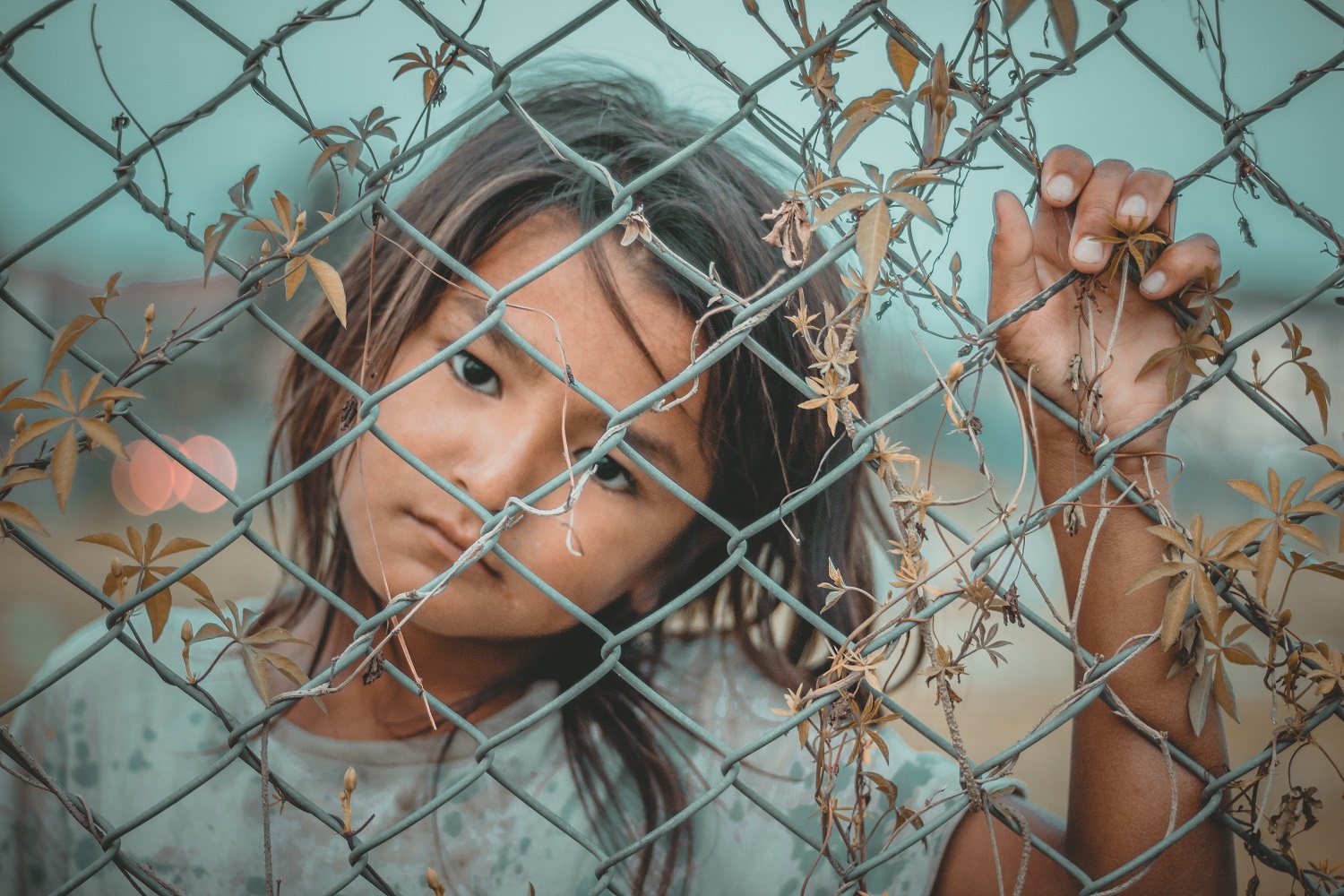Canada Condoning U.S. Violations Towards Central American Families Despite the UNHCR’s Explicit Request to Help
In recent months, more than 2,000 children have been separated from their parents and held in southern U.S. detention centres. Children are held, sometimes for months, while their parents’ refugee cases are processed. Reports from the American Civil Liberties Union show that these children are often held in freezing cold facilities without adequate food, water, or medical attention.
In many cases, families face extreme violence and poverty in the Central American countries they’re fleeing. Gangs recruit young boys while young girls are forced into sexual slavery. Kidnappings, murders, and drug trafficking are common.
Many of these families are seeking refugee status in Canada, but the Canadian government is blatantly ignoring their appeals for asylum because Canada adheres to the Safe Third Country Agreement.
The Safe Third Country Agreement
The Safe Third Country Agreement between Canada and the U.S. requires refugee claimants to request protection in the first safe country they set foot in unless they meet one of the narrow exceptions to the agreement.
Central American refugees must pass through the U.S. to get to Canada in the majority of cases, making it almost impossible for them to claim refugee status in Canada under the agreement.
According to numbers from Immigration, Refugees and Citizenship Canada, 1,949 asylum seekers were refused entry into Canada in 2017 under the Safe Third Country Agreement, up significantly from 2016 when only 731 asylum seekers were refused.
Is the U.S. really ‘safe’ for refugees?
In May, U.S. Attorney General Jeff Sessions introduced a “zero tolerance” policy regarding refugees, calling for anyone who enters the country illegally to be criminally prosecuted.
By continuing to classify the U.S. as a safe country for refugees, Canada is condoning the actions of the U.S. government in separating and detaining families and children seeking safety.
Gerami Law PC’s own Arghavan Gerami recently commented that this kind of forced separation of families would not stand in Canada, adding that, in Canada, detention is always a last resort and the court is mandated to consider the best interests of the child. In cases where children are separated from their parents in Canada, the children are not kept in custody.
Despite criticisms, Canada’s Immigration Minister Ahmed Hussen has said his government will wait and see how changes to the asylum system in the U.S. will impact that country’s ability to meet its obligations under the Safe Third Country Agreement.
UNHCR explicitly calls for Canadian help
The number of Central American refugees has ballooned to 215,000 over the last five years. Last year, the United Nations Refugee Agency (UNHCR) asked the Canadian government for $37 million to help Central American refugees. The money requested by the UNHCR would go towards supporting shelters for children in Honduras, maintaining a safe space for LGBTQ2 in Guatemala, and helping unaccompanied children detained in Mexico with legal services.
Instead of providing the full amount, by the end of 2017 the Canadian government had provided less than 20 percent of the $37 million requested.
It remains to be seen what will come next for family separations in the U.S. In the meantime, Canada’s relative silence on the matter continues to speak volumes.
Share this article
Arghavan Gerami
Arghavan Gerami is the Founder and Senior Counsel at Gerami Law Professional Corporation ('PC'), a full-service immigration law firm in Ottawa, Ontario. Since 2011, Ms. Gerami has focused her practice on immigration and refugee litigation. Prior to that, Ms. Gerami worked at the Ministry of Attorney General and the Department of Justice and had the privilege of serving the Honourable Mr. Justice M. Evans at the Federal Court of Appeal on immigration and administrative law appeals. Ms. Gerami contributes to the Immigration Law Section of the Canadian Bar Association, the Canadian Association of Refugee Lawyers, and the United Nations High Commissioner for Refugees. Ms. Gerami has also published numerous journal articles and presented at various immigration and refugee law conferences and events across Canada.

